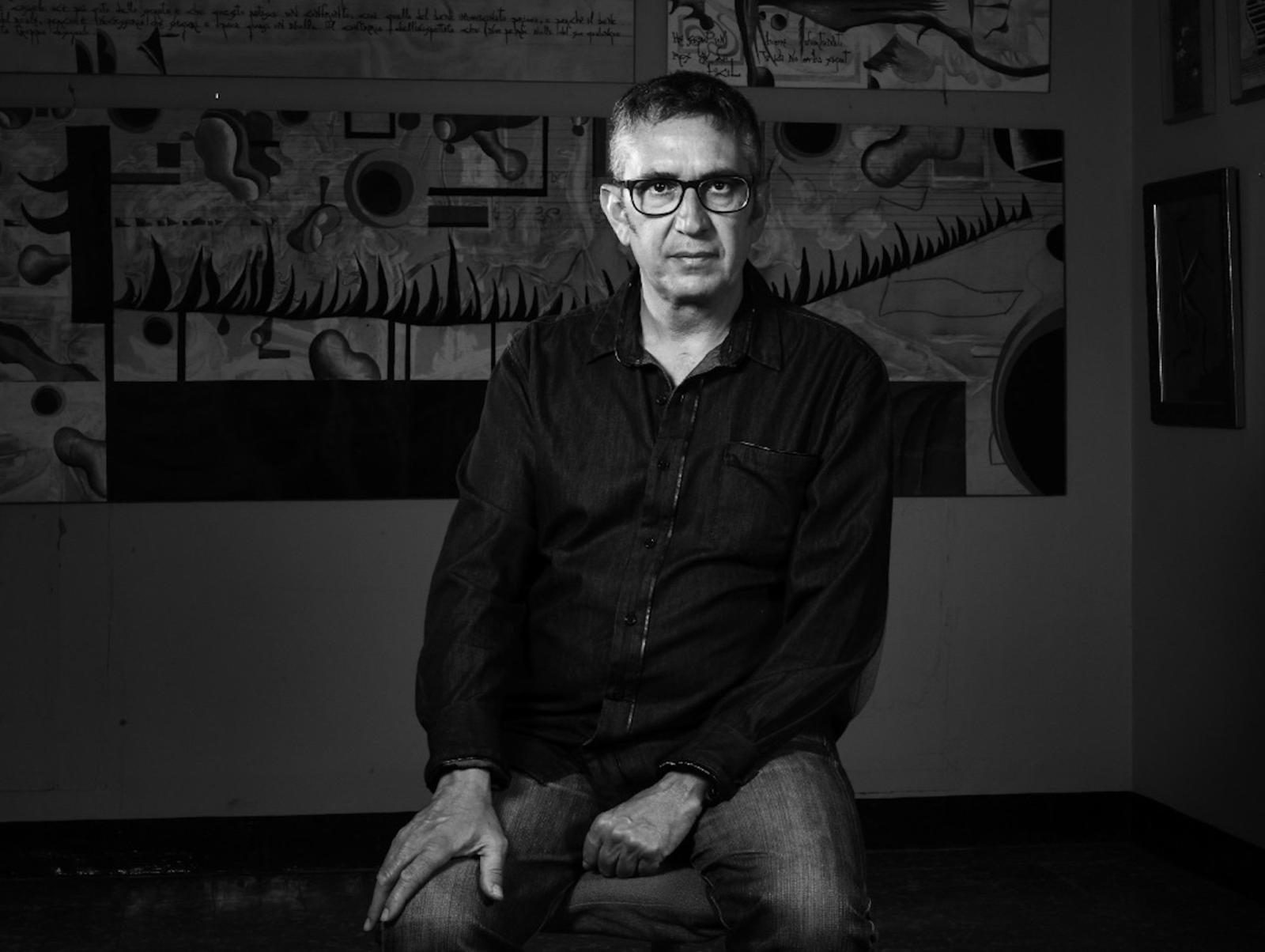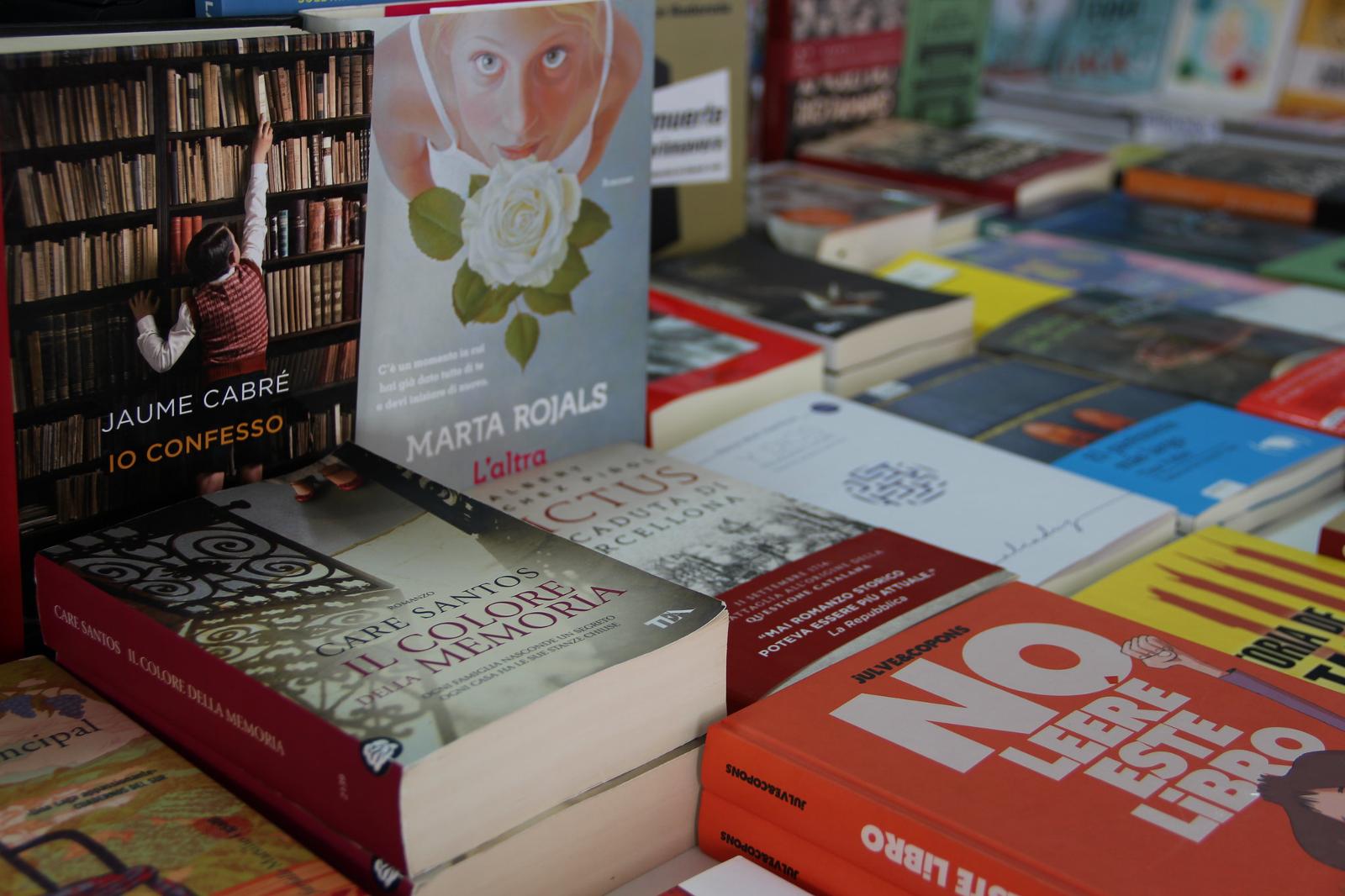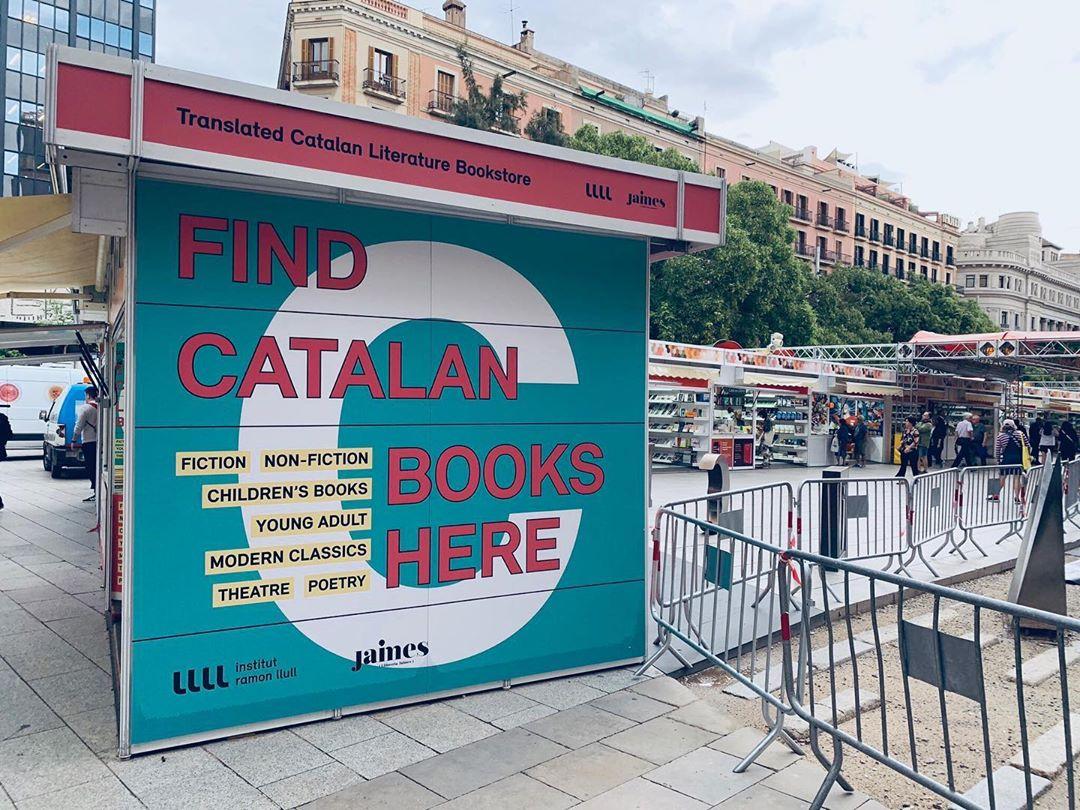I step out onto the balcony, tea in hand. I take a gulp that warms my throat and look down at the empty, damp, drizzly street, not a soul in sight, and I wonder how all this will end, how it will affect me and my colleagues, my fellow writers.
I like the deserted streets. The silence is fascinating. The absence of engines, horns, shouting: the city seems like the perfect stage for the stories I like to write, where the characters can hear their own footsteps. But it’s all getting tiring, everything has a wretched side, and fear of the illness has mixed with fear of the police and the balcony Gestapo who clap every day without fail and feel empowered to point out anyone who doesn’t comply.
The atmosphere is claustrophobic, stale, miserable.
Yet it’s all so unpredictable. What will the situation be like three, eight, ten months down the line? Nobody knows. The magnitude of the uncertainty is revealed when we look back three, eight, ten months and see that this arrived out of the blue, that nobody expected it.
The only thing we all know is that when this health storm has passed, an even longer economic storm will follow and wreak havoc. Book shops and publishers, like so many other businesses, have started to panic and, having overcome the shock of the first few days, are taking action on several fronts to minimise the impact.
But what about writers? What can we do?
Writers are used to being at the mercy of the elements, so we feel less of a weight on our shoulders. At first, we don’t feel the noose around our necks. If you don’t earn much anyway, you don’t have much to lose. But this is just a first, deceptive impression. Without intermediaries, we authors are nothing. For now. Who knows if, one day, we might publish our work directly on the internet, so that readers can access it without any go-betweens. Is that the future?
I take another sip of tea and see a woman in the distance, crossing the street with a large, black dog, which proceeds to relieve itself on the wheel of a car. Dog owners are lucky.
In many other areas, intermediaries are frowned upon, often for good reason. Those who work the land know these intermediaries all too well; they know how they fill their pockets at the expense of the sweat and fragility of those who are left with just the chaff. Luckily, this doesn't apply to the literary ecosystem. Here, intermediaries are far from maligned, instead enjoying a high social standing and even visibility in the media.
The literary ecosystem is a complex machine with endless cogs, which constantly need to be oiled for it all to run smoothly. The adventure that begins with the author continues with the publisher, the editor, the typesetter, the designer, the press officer, the distributor, the book seller, the journalist, the critic, the literary promotion bodies, the teachers, the foreign publishers, the translators, etc. None of them are superfluous, and when the cogs turn as they should, it’s a fascinating sight. Perhaps I’m naive, but there’s just one small detail that doesn’t make sense to me. All the cogs in the machine make, or scrape, a living from their work, except one: the one that sets the machinery in motion, that begins the adventure.
The rain has stopped. I finish my tea, leaning on the cold, wet balcony, and, as I watch the clouds linger, I wonder what will happen if a link in the chain breaks, if book shops close down or publishers go bust, for example.
Will the cogs keep turning? Or will the machine break down? Will a newer, simpler, lighter, crisis-proof one, designed for survival, need to be invented?
It’s all very apocalyptic on social media. The situation is serious. We are still standing here open-mouthed, trying to take it all in. But it’s nothing of the scale of the catastrophes of just a few decades ago, in the bloodiest century in history, the twentieth, with two world wars and their respective post-war periods.
What is happening now will pass, and changes will occur. But perhaps these changes were inevitable and this storm has just brought them forward, accelerating progress. The world and, within the world, the literary ecosystem will move on and adapt to the times, as they always have.
But what about writers? I wonder again as I gaze into my empty cup, examining the leaves. Faced with the monster of crisis, writers will have to take on other jobs, whether we like them or not, and we will only be able to write out of hours, stealing time from family, sleep, health and hobbies. Meaning we will carry on as normal. Exactly the same.
But one thing’s for certain: whether as cogs in the new machine or the old one, we will still be here, as always, to tell stories, to begin the adventure.
M. Baixauli








